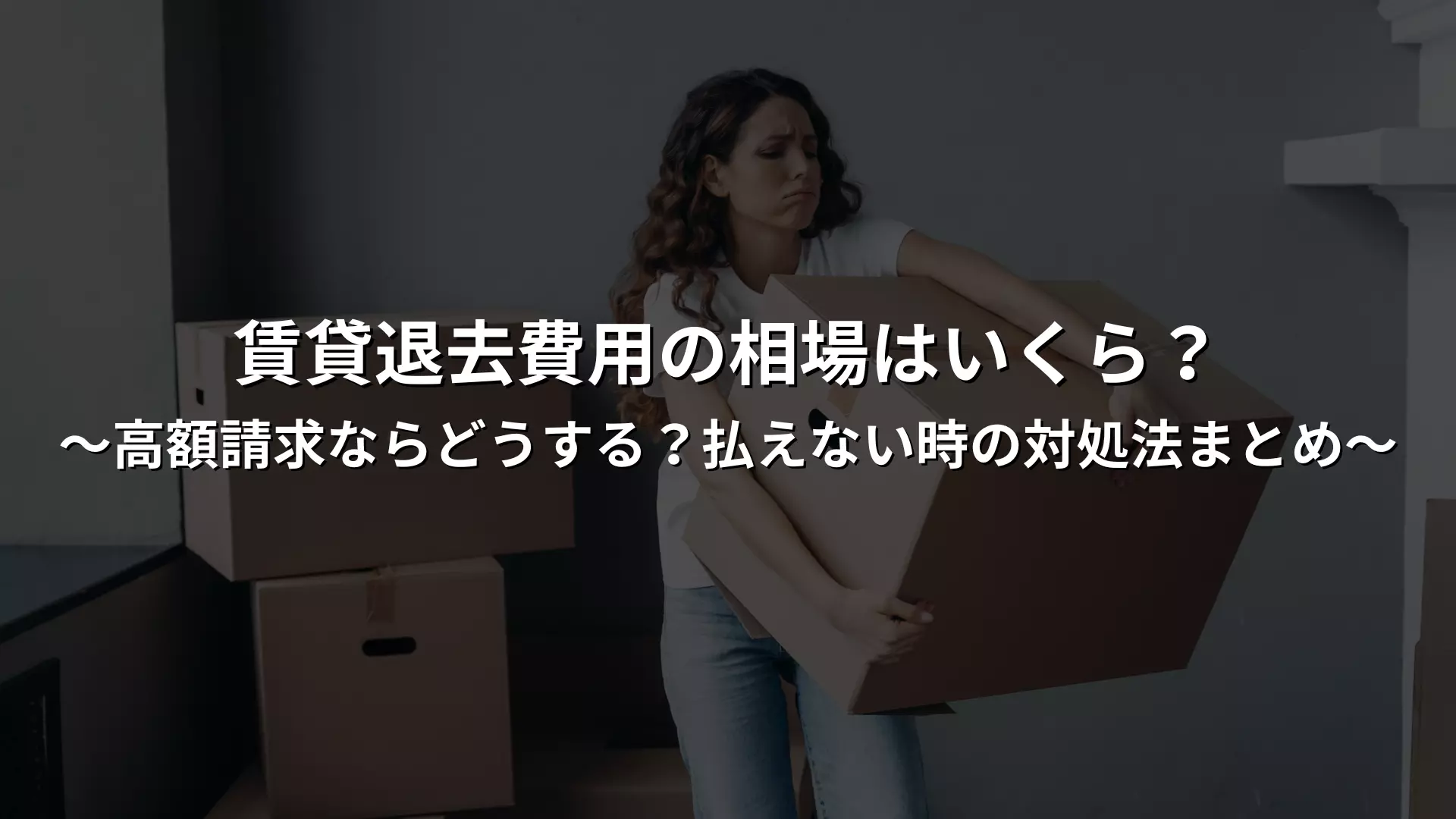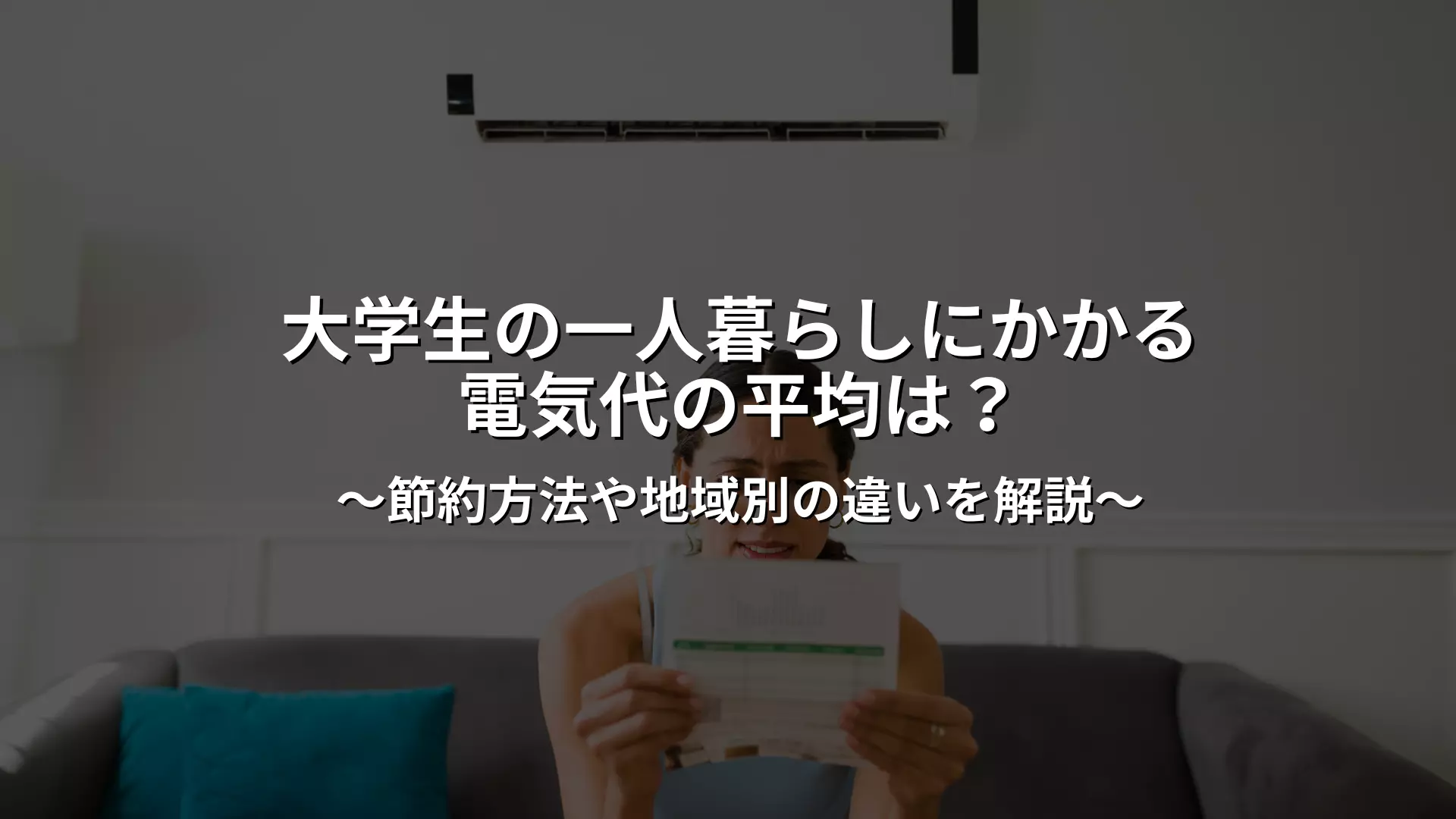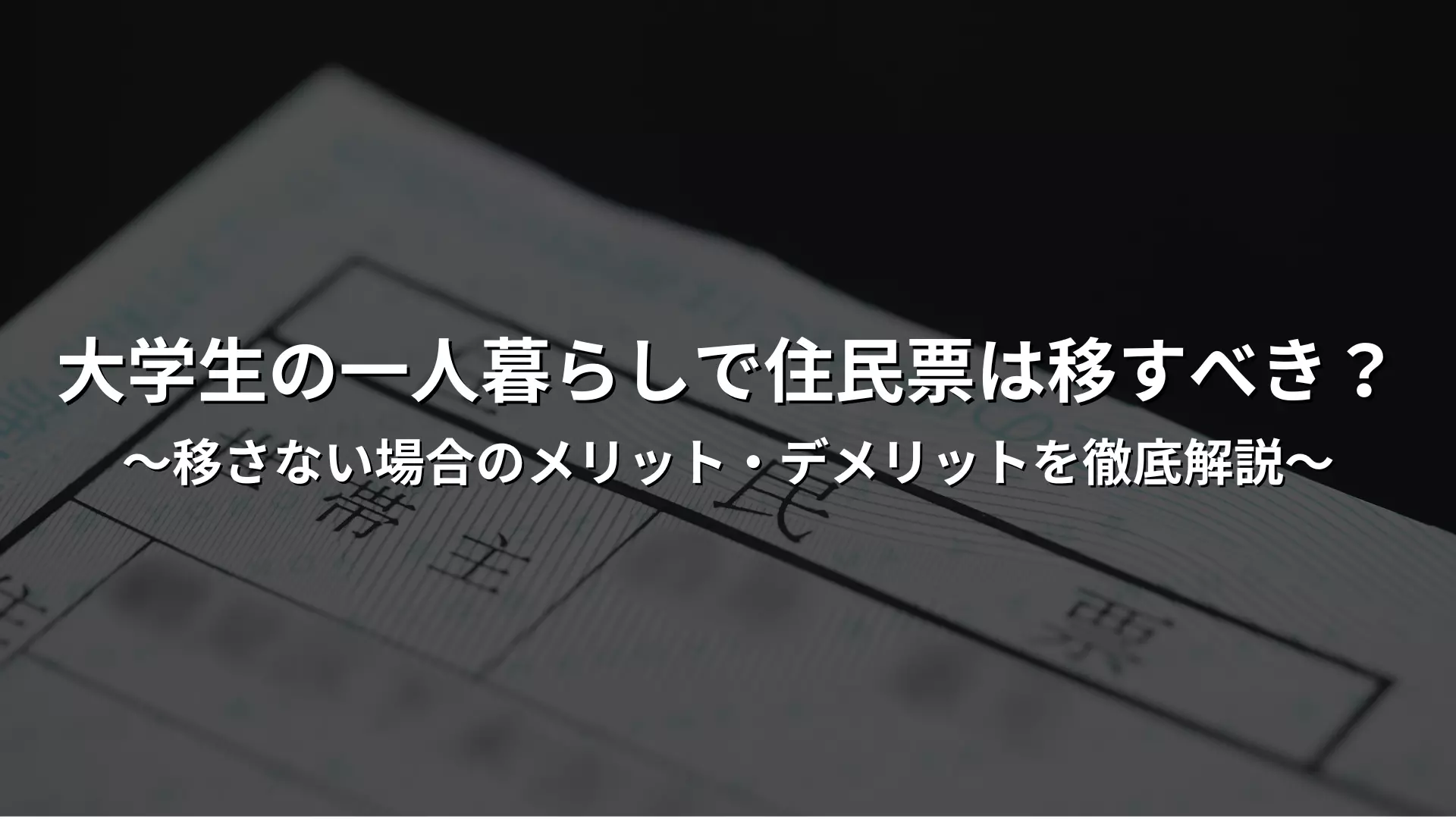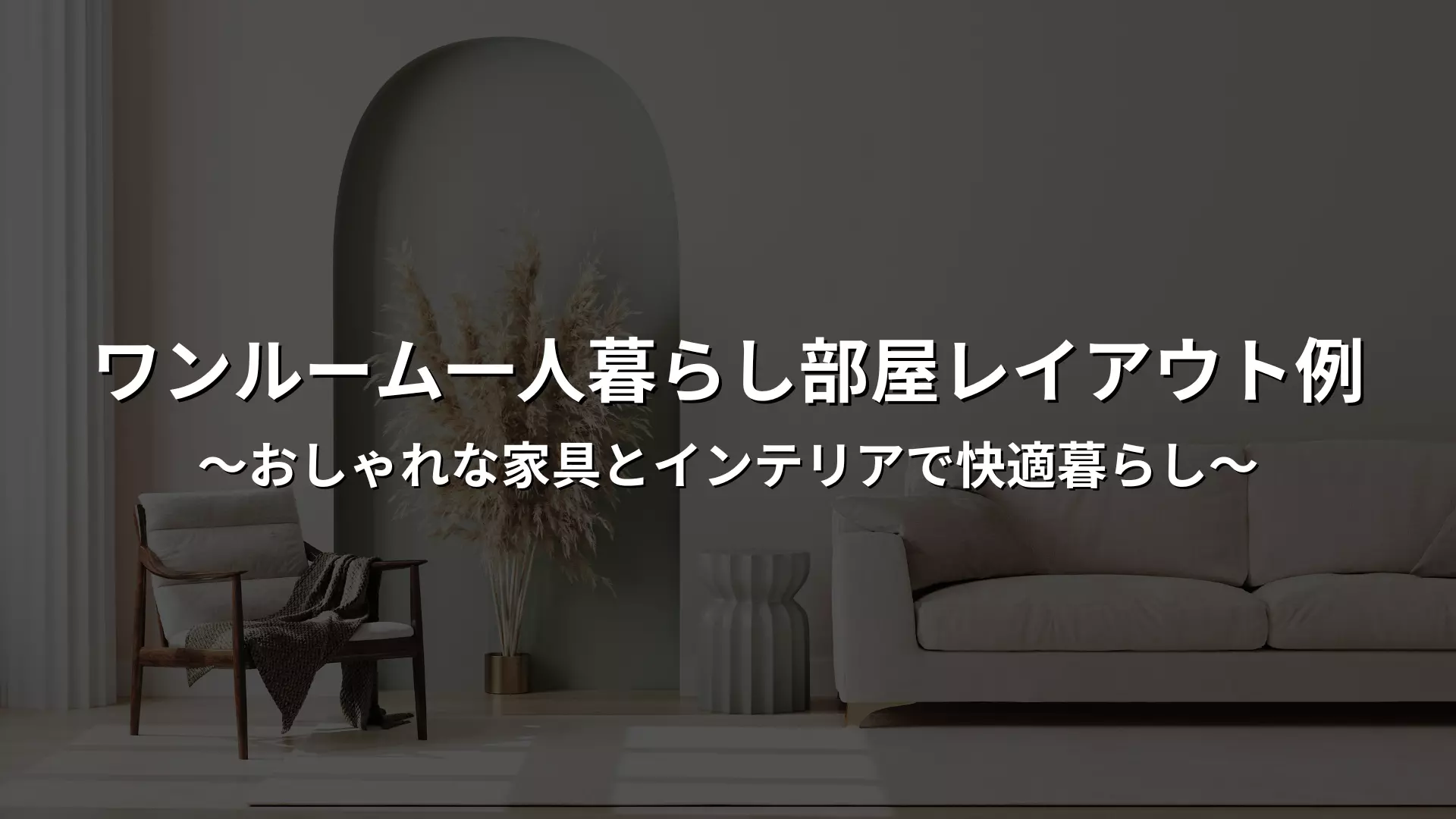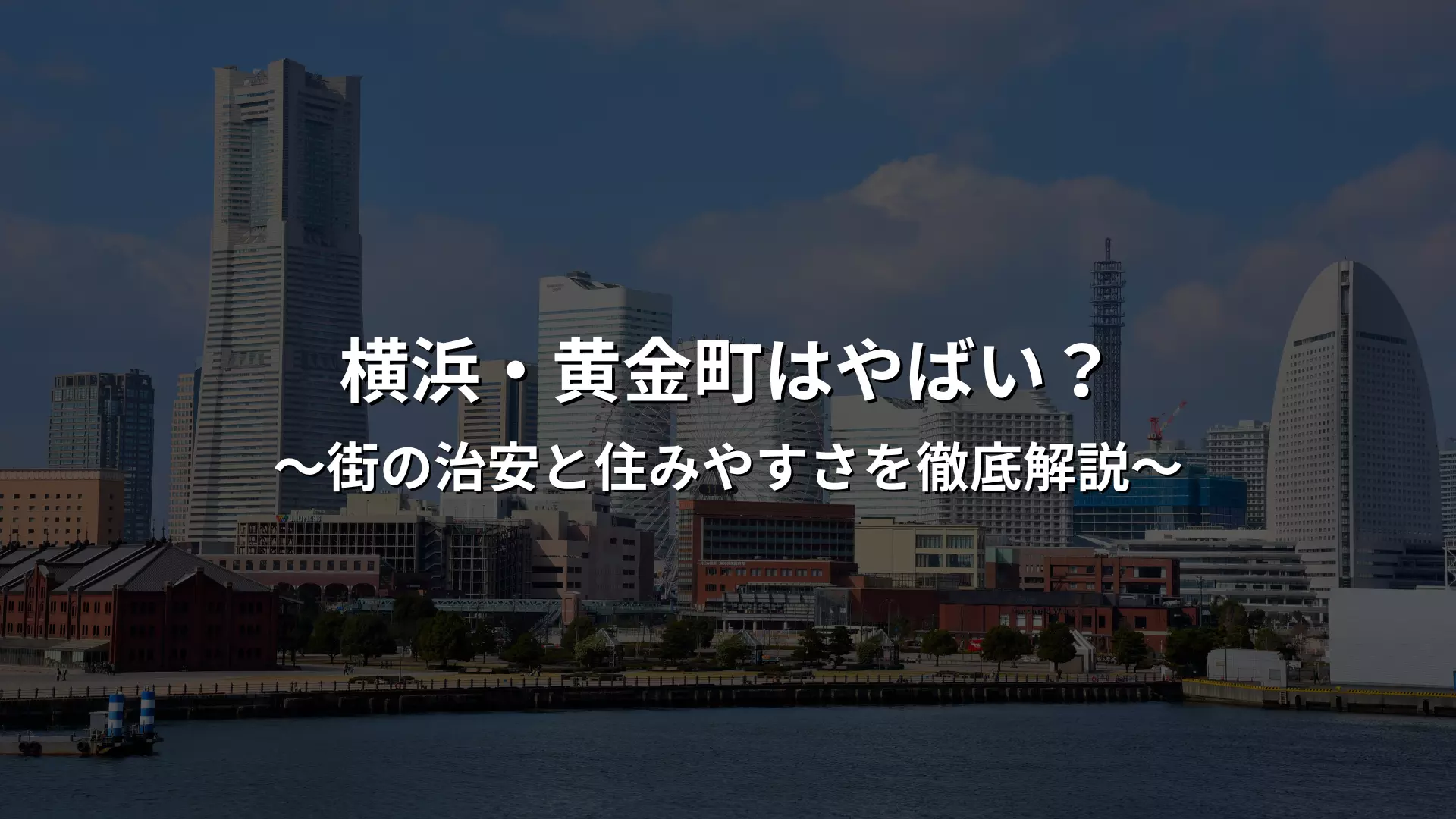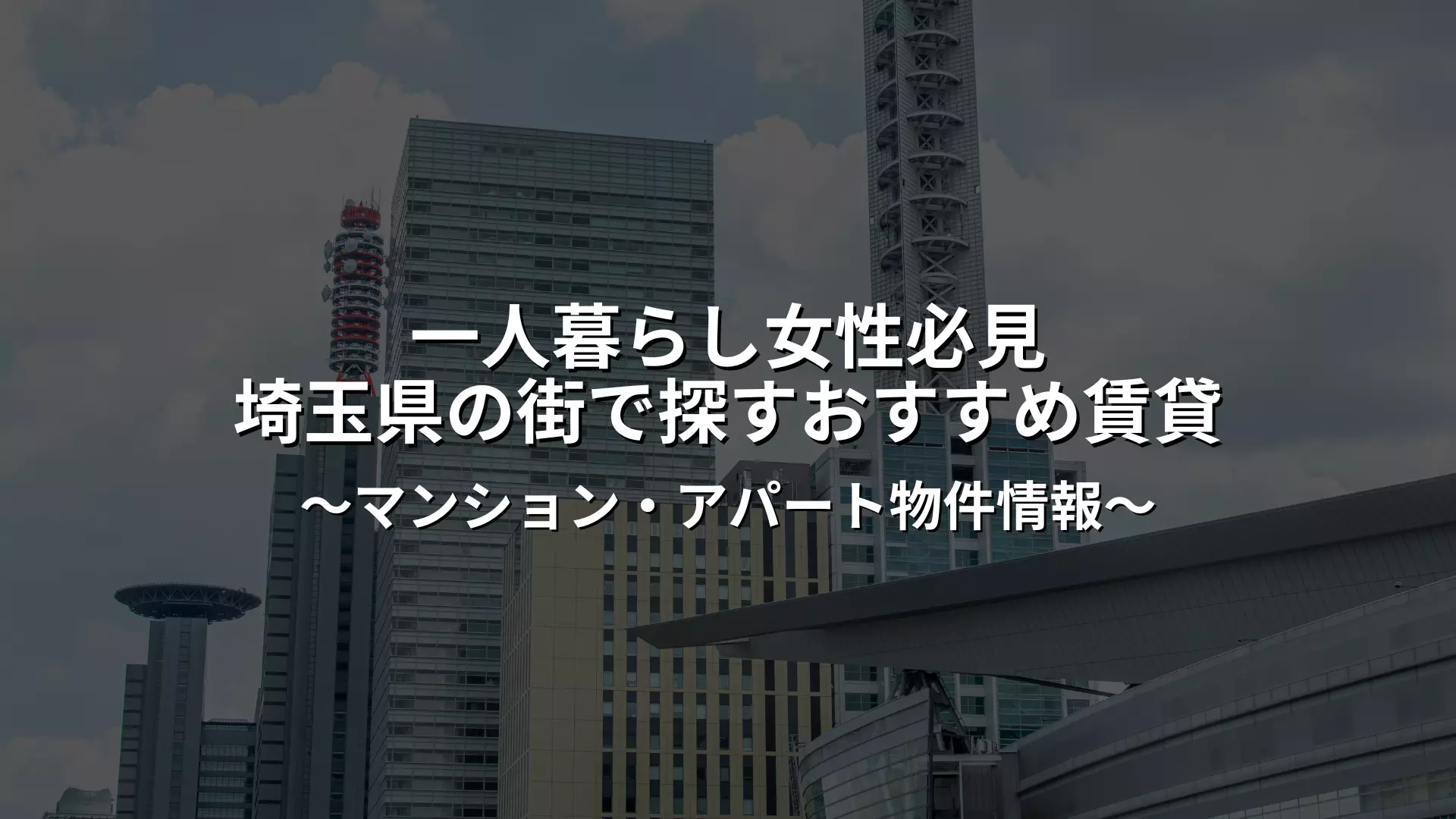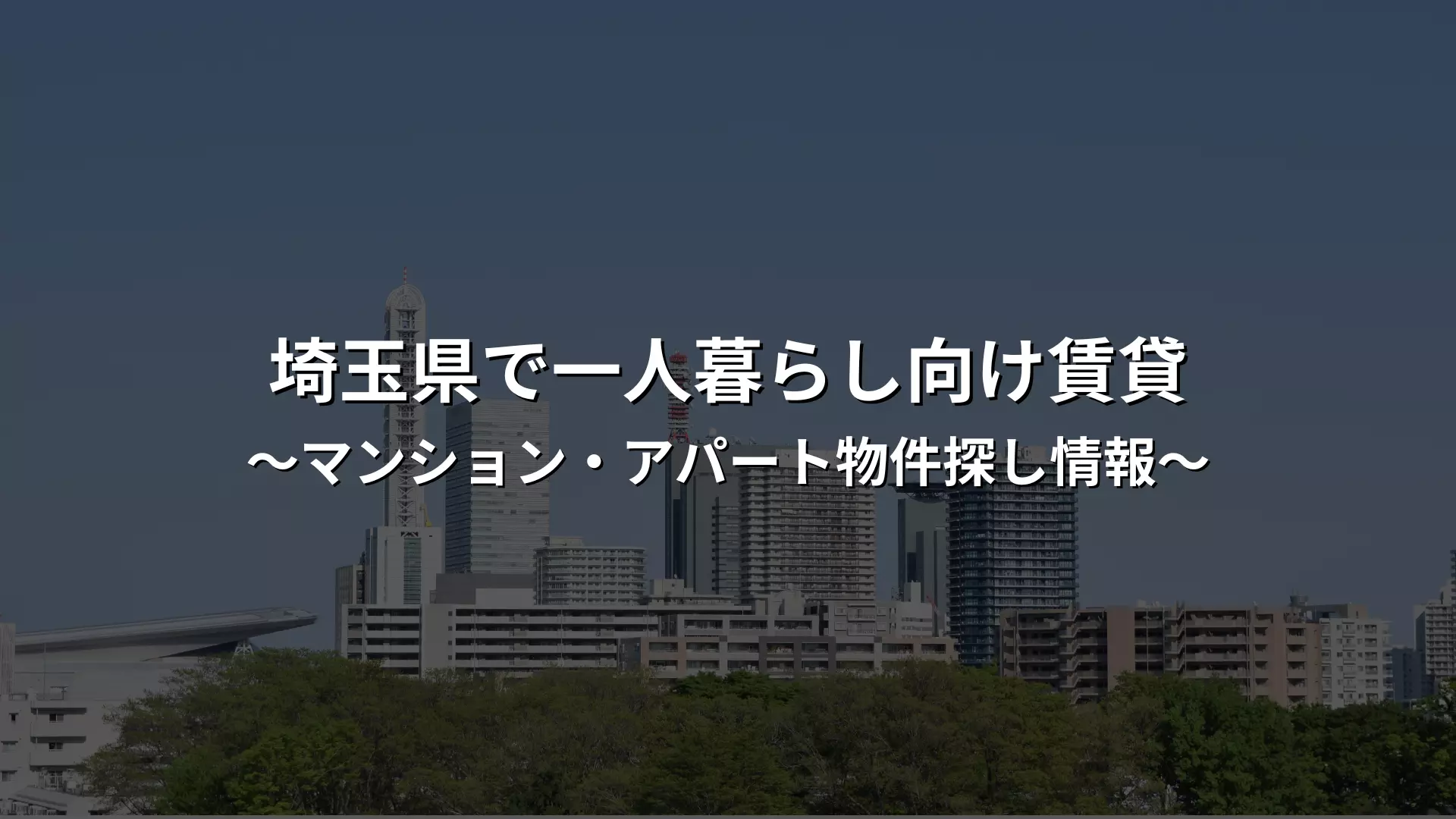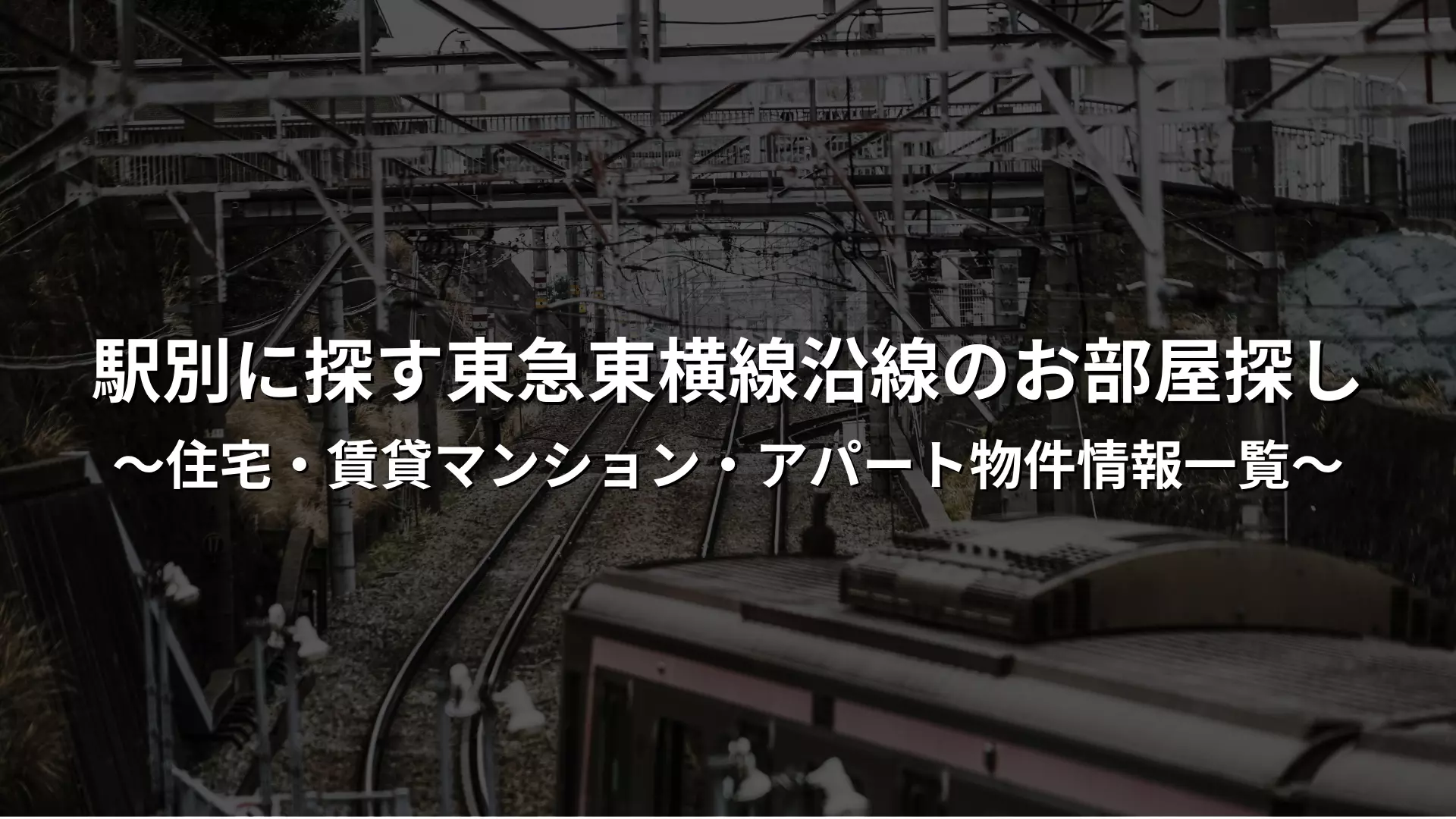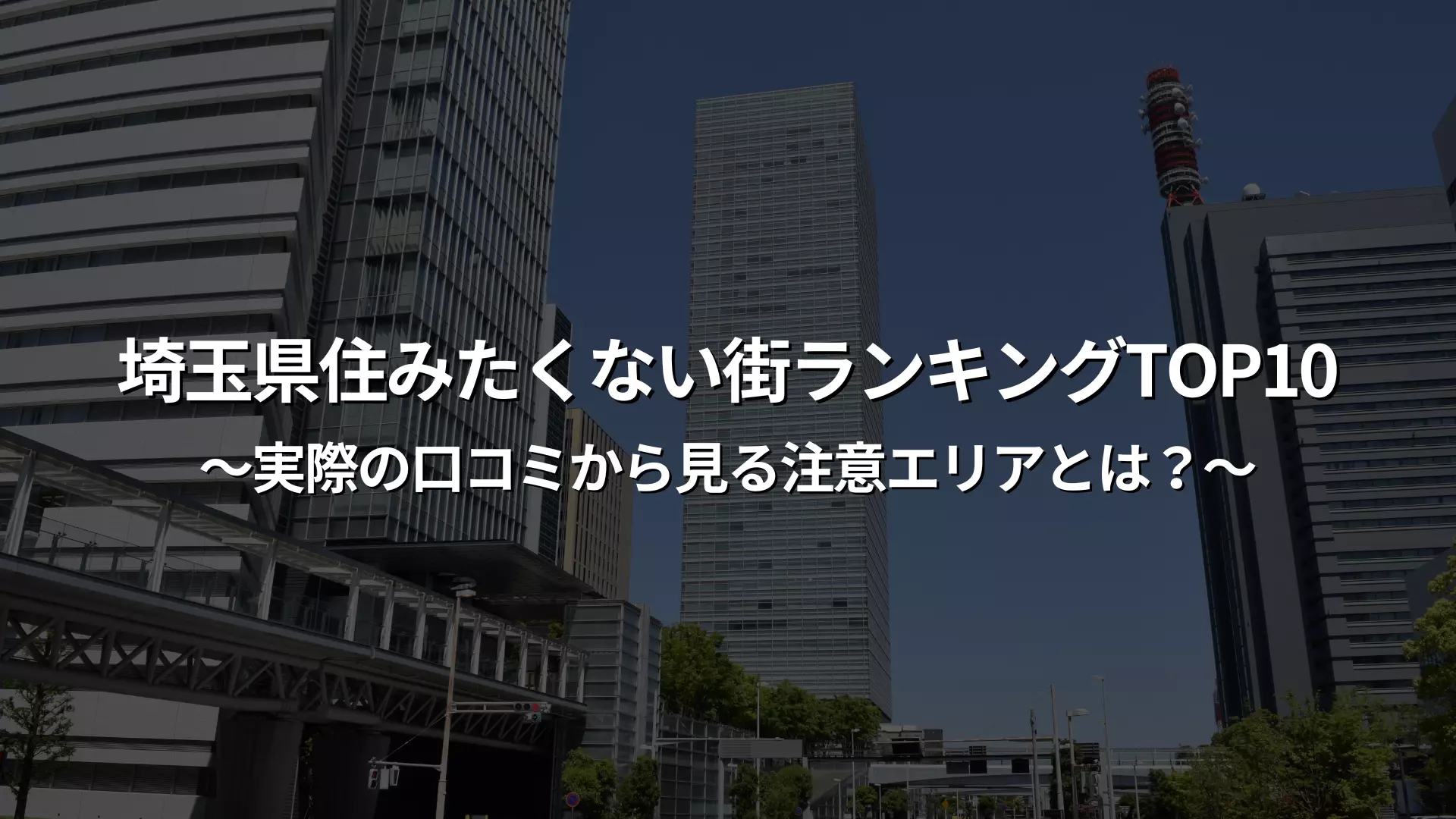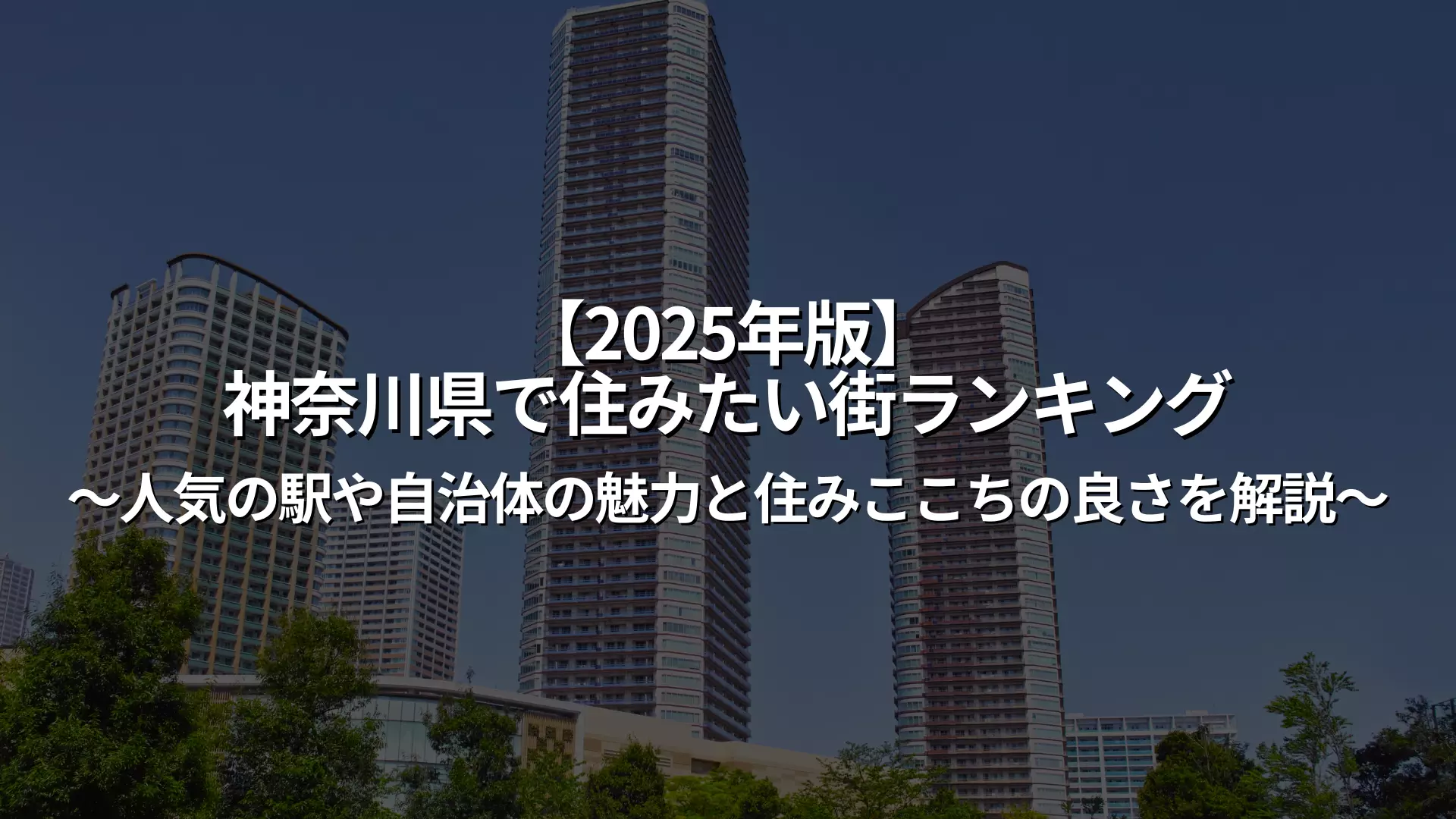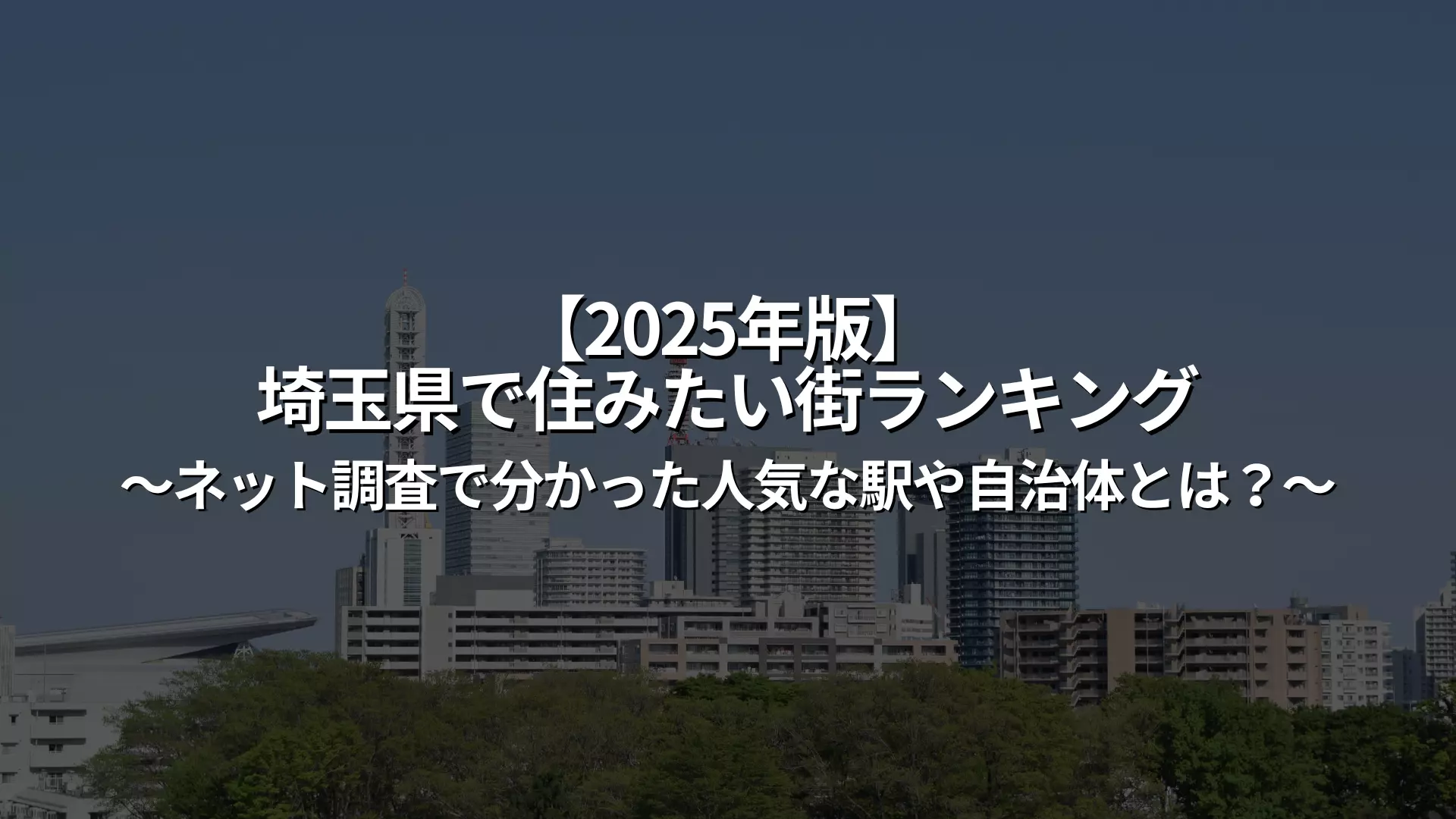What are rental property move-out costs? Basic structure and items that will be incurred
Rental move-out costs are a general term for expenses incurred when a tenant moves out, and mainly refer to costs for restoring the property to its original condition and cleaning. In rental contracts, the burden of expenses is agreed upon between the tenant and landlord, and the scope of expenses is determined by the contract and guidelines from the Ministry of Land, Infrastructure, Transport and Tourism. If you do not understand how move-out costs work, you run the risk of accepting unnecessary charges, so it is important to know the breakdown and market prices in advance.
Here we will explain the typical expenses that are required when moving out and the reasons why they arise, as well as basic knowledge to prevent future problems.
Breakdown of major costs incurred when moving out (cleaning fees, repair costs, etc.)
Costs incurred when moving out of a rental property include house cleaning fees and interior repairs. House cleaning refers to cleaning by a professional company, and typically includes removing mold from the kitchen, bathroom, and other wet areas, and waxing the floors and flooring.
Repair costs include replacing wallpaper, repairing scratches on floors, and replacing tatami mats, and the amount varies greatly depending on the condition of use and age of the property. The average cost incurred when moving out is 30,000 to 50,000 yen for a studio apartment, and can be over 100,000 yen for a family property. In cases where the costs are high, the amount charged may exceed the security deposit, which can be a significant burden for the tenant, so caution is advised.
Relationship between security deposit and moving-out expenses | Cases where it is returned and cases where it is deducted
The deposit is used to cover the costs of moving out, and the remaining amount will be returned to you after deducting the costs of restoring the property to its original condition and cleaning.
For example, if the only damage to the room is normal wear and tear or deterioration due to aging, no move-out fees will be charged and most of the security deposit will be returned. However, if additional costs arise due to tar stains on the wallpaper caused by smoking, scratches caused by pets, or neglected dirt, the tenant will have to pay more than the security deposit.
Settlement of security deposits upon moving out can easily become a problem, so it is important to handle it properly in accordance with the terms of the contract and any special provisions. When dealing with the management company or landlord, it is important to confirm whether the charges are reasonable.
Explaining the process for billing from management companies and landlords
The process of charging moving-out expenses begins when the management company or landlord inspects the room after the tenant moves out and estimates any repairs or cleaning that may be required. The cost of restoring the property to its original condition is then calculated, deducted from the security deposit, and charged to the tenant. This is usually confirmed during the move-out inspection, but the estimated amount can often be quite high.
If you are not satisfied, you can negotiate based on the guidelines of the Ministry of Land, Infrastructure, Transport and Tourism and the contents of the contract, and if necessary, consult with a consumer affairs center.If you do not have enough knowledge about moving-out costs, you run the risk of paying unnecessary costs, so it is important to understand the billing process in advance.
What are the average moving-out costs? Comparison by rental property type
Moving-out costs for rental properties vary greatly depending on the size of the room, the facilities, and the age of the building. The average price for a studio apartment and a family-friendly apartment can vary by tens of thousands to hundreds of thousands of yen, and costs also vary depending on the area. The extent of restoration and cleaning required upon moving out varies depending on the tenant's usage and the degree of wear and tear, and can result in expensive bills. For this reason, it is very important to understand the average prices for each property type in advance to avoid unnecessary burdens.
Here we will summarize the average moving-out costs, from one-room apartments to family-friendly apartments, and compare the differences between central Tokyo and the countryside.
Average moving-out costs for studio apartments, 1K apartments, and 1LDK apartments
For single-person rental properties such as studios and one-room apartments, the average moving-out fee is said to be around 30,000 to 50,000 yen. This mainly consists of house cleaning fees, which typically include cleaning the floors and flooring, as well as removing stains from the bathroom and kitchen.
Repairs for small scratches or holes in wallpaper may also be required, and the longer you have lived in the property, the higher the cost tends to be. In particular, if you have smoked or kept pets, there is a high possibility that additional charges will be incurred, which can often be a significant burden.
To avoid the trouble of having to pay unexpected expenses when you move out, it is important to understand the going rate and make the necessary preparations.
Average cost of family-friendly properties (2LDK to 3LDK)
For 2LDK to 3LDK rental properties for families, the average move-out fee can be around 100,000 yen, which is a greater burden than for single-person properties. Because there are more rooms, there are more areas to clean, and in many cases the cost also includes repairing walls and floors, replacing tatami mats and sliding doors.
Especially in households with children, additional costs can easily arise due to graffiti on wallpaper or wear and tear on the flooring, which can lead to unexpectedly high bills.
In addition, marks left by furniture installation and deterioration due to use of equipment will also be subject to repair, and it is not uncommon for the difference to be between tens of thousands and hundreds of thousands of yen. When moving out, it is important to check the estimate and carefully determine whether the costs are reasonable.
Differences by region and age of building | Comparing central Tokyo and rural areas
The average cost of moving out varies greatly depending on the area and the age of the building. In areas with high rents, such as central Tokyo, cleaning and repair fees tend to be expensive when you move out, and even a one-room apartment can cost more than 50,000 yen.
On the other hand, in rural areas, rental properties of the same size can be cheaper, sometimes costing around 30,000 yen. In older properties, the scope of restoration may be limited, reducing the tenant's burden, but in newer or recently built properties, dirt on the walls and floors is more noticeable, and the bill is likely to be higher.
It is important to find out in advance how much the moving-out costs will be and compare them with the market price to check whether the charges are reasonable in order to avoid paying unreasonable fees.
Search for a room
Only furnished properties with appliances are listed!
Scope of restoration and burden rules | Approach based on Ministry of Land, Infrastructure, Transport and Tourism guidelines
When considering the costs of moving out of a rental property, it is very important to correctly understand the scope of restoring the property to its original condition. The Ministry of Land, Infrastructure, Transport and Tourism guidelines state that tenants are not required to pay for wear and tear caused by aging or normal daily life, and that they are only responsible for damage caused by negligence or intentional acts. However, in actual moving-out situations, there are many problems surrounding high bills, and in many cases the judgment differs depending on the contract contents and special provisions.
Here we will explain the difference between deterioration over time, normal wear and tear, and negligence, as well as how to handle equipment that has exceeded its useful life, and we will clarify any misunderstandings or concerns regarding who will be responsible for costs when moving out.
Cases where deterioration over time and normal wear and tear are not the tenant's responsibility
The Ministry of Land, Infrastructure, Transport and Tourism's guidelines clearly state that the tenant is not responsible for any damage caused by aging or normal wear and tear.
For example, dents in the floor where furniture was placed, discoloration of wallpaper due to sunlight, and deterioration of tatami mats over time are all classified as moving-out expenses that the tenant does not have to pay specifically. These are natural occurrences that occur when using a rental property for a long period of time, and are not subject to restoration to the original condition.
However, if you are not aware of these details, many people worry that they will be charged even for normal use. Understanding the extent of deterioration over time and being prepared to ask for an explanation from the management company or landlord is an important point to avoid paying unreasonable fees.
Examples of high claims due to negligence or damage (holes in wallpaper, scratches on floors, stains around wet areas)
On the other hand, damage caused by the tenant's negligence or carelessness will incur costs. Typical examples include large holes in wallpaper, deep scratches caused by dragging furniture across the floor, and neglecting to clean the bathroom and kitchen, leaving mold and dirt behind.
These are not considered the tenant's responsibility, but rather deterioration due to aging or normal wear and tear, and in many cases they can result in large bills. Since there is a possibility of being billed for tens of thousands to hundreds of thousands of yen when you move out, it is important to pay attention to them on a daily basis and to repair or deal with any damage as soon as possible.
Even according to the guidelines, damage caused by negligence will be the responsibility of the tenant, so it is important to be aware that your everyday lifestyle habits will directly affect your moving-out costs.
Regarding the handling of equipment (air conditioners, tatami mats, flooring) that has exceeded its useful life
The useful life of equipment plays a major role in determining move-out costs. Electrical equipment such as air conditioners and water heaters have a lifespan of approximately six years, and interior materials such as tatami mats and flooring also have a set lifespan. If the equipment exceeds these limits, the tenant is not required to pay for repairs.
For example, even if an air conditioner that has been in use for more than 10 years breaks down, the tenant will generally not be charged for the cost when they move out. Wallpaper is also said to have almost no value after six years, so it is not reasonable to charge for a complete replacement.
However, please note that any major damage or stains that occur within the useful life of the property will be the tenant's responsibility. Understanding the age of the equipment and checking whether the charges are reasonable is an effective way to avoid paying unnecessary moving-out costs.
How to deal with problems regarding moving-out expenses and high charges
The most common problem when moving out of a rental property is being charged high moving-out expenses. There are many cases where the management company or landlord charges repair costs for dirt and wear that the tenant considered normal wear and tear. In such situations, the first step is to confirm the reasonableness of the charges based on the contract contents and special provisions. If you are not satisfied with the charges, you can also negotiate, or consult with a consumer affairs center or lawyer.
Here, we will explain everything you need to know to move out with peace of mind, from what to check when a large bill is incurred to how to negotiate and what to do if you cannot pay.
Contract details, special provisions, and rental agreements that you should check when you receive a large bill
When faced with a high bill for moving-out expenses, it is essential to first check the contract contents and special provisions. The lease agreement includes clauses regarding restoration and cleaning, and the special provisions may state "a flat rate of XX yen for house cleaning."
It is important to understand the terms and conditions of the contract, as they may take precedence over the Ministry of Land, Infrastructure, Transport and Tourism guidelines. If an expensive bill for wallpaper or complete replacement of flooring differs from the terms and conditions of the contract, you may be able to refuse to cover the costs.
When you move out, have the contract ready and check that the basis for the fees is clearly stated, so you can avoid making unnecessary payments.
How to negotiate if you are not satisfied | Dealing with management companies and landlords
If you have any questions about the charges after checking the contract, it is effective to negotiate with the management company or landlord.
First, ask them to provide you with a document that explains the basis of the claim, and compare it with market rates and guidelines to confirm its reasonableness. Even if you are charged a high fee, the other party may not be entirely correct, and you may be able to negotiate and agree to a reduction or a review of the scope of repairs. When negotiating, do not get emotional, and present any photographs or records of use that you kept when you moved in as evidence to be more persuasive.
If negotiations become difficult, you can also choose to seek advice through a third-party agency, so you will not have to deal with unreasonable claims alone.
What to do if you can't pay | Installment payments and where to get advice (consumer affairs centers, lawyers, etc.)
If the moving-out costs are too high to pay all at once, you can discuss paying in installments with the management company or landlord. Depending on the terms of the contract, you may be required to pay in one lump sum, but if you explain your situation honestly, you may be able to pay in installments.
Additionally, if you simply cannot accept the payment or feel that the amount is unfair, it is effective to consult a consumer affairs center or a lawyer. By consulting with a specialist, you can be able to determine the reasonableness of the costs and in some cases, they can negotiate on your behalf. If the cost burden becomes too great when you move out, it can cause disruption to your life, so if you cannot pay, it is important to find someone to consult with as soon as possible and take appropriate action.
Search for a room
Only furnished properties with appliances are listed!
How to reduce moving costs and prepare in advance
With a little ingenuity and preparation, you can significantly reduce the costs you pay when moving out of a rental property. Particularly important are "checking the property upon moving in" and "daily management." If you take photos and write down the condition of the room immediately after moving in, you can reduce the risk of being charged unnecessary fees when you move out.
In addition, daily cleaning and frequent maintenance will help prevent additional charges such as dirty wallpaper and mold around the bathroom. It is also important to decide whether to do the house cleaning yourself or hire a professional, and make choices to keep costs down as needed.
Here we will explain the specific preparations and points to note to minimize costs when moving out.
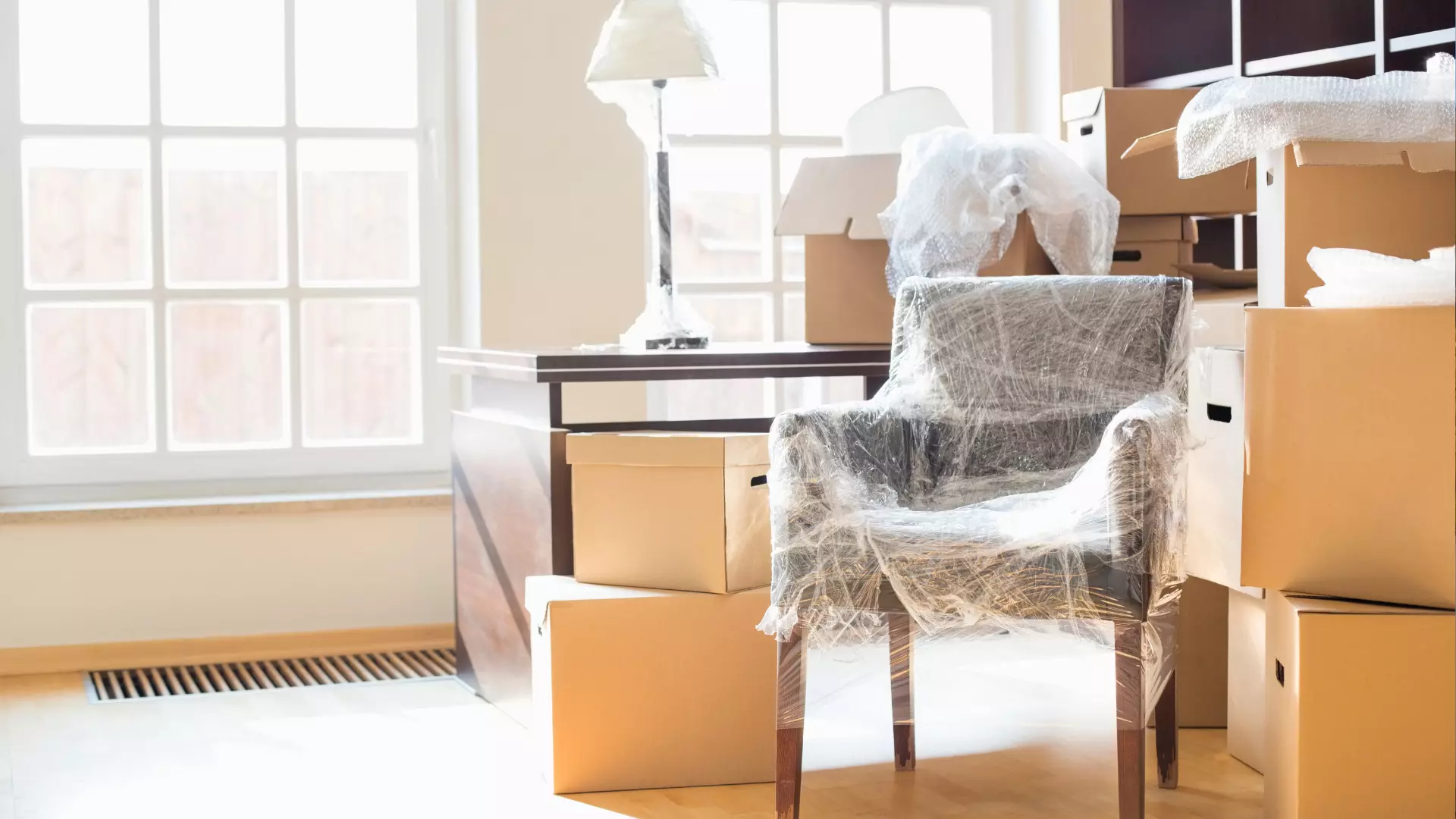
The importance of checking and recording (photos and documents) when moving in
The most effective way to prevent problems regarding moving-out expenses is to check and record them when you move in. Take photos of scratches on the walls and floors, dirt on the equipment, etc., and if possible, share these in writing with the management company. This will allow you to prove that these expenses are not the tenant's responsibility when you move out.
For example, if you don't record stains on the wallpaper or scratches on the floor from the beginning, you may be held responsible and be charged expensive repair costs. Such records are as important evidence as the contract and can be strong evidence in the event of a dispute over the settlement of the security deposit.
Especially with rental properties, the longer the period between moving in and moving out, the more likely it is that memories will become hazy, so keeping solid evidence from the very beginning is a basic measure to avoid paying unnecessary costs.
Dirt and mold can be prevented with daily cleaning and careful maintenance
Items related to house cleaning and repairs make up a large portion of moving-out costs. Mold in the bathroom and grease in the kitchen can be particularly difficult to remove if left unattended, resulting in expensive bills. By diligently cleaning regularly, you can prevent major stains that would require restoration to the original condition.
For example, mold in the bathroom can be prevented from growing simply by thoroughly cleaning it once a month, and stubborn grease stains can be avoided by regularly cleaning the kitchen exhaust fan and around the stove. By not forgetting to clean the wallpaper and floors, you can also reduce the repair costs required when you move out. These kinds of daily maintenance are very effective in reducing the amount of bills you will have to pay when you move out.
Do-it-yourself house cleaning vs. hiring a professional
When it comes to house cleaning when you move out, you need to decide whether to do it yourself or hire a professional. Cleaning yourself can keep costs down, but if the management company or landlord decides that professional cleaning is necessary, you may end up being charged for the cleaning service.
The average price for hiring a professional cleaner is 20,000 to 30,000 yen for a one-room apartment, and can be over 50,000 yen for a family property, but the benefit is that you are guaranteed a thorough cleaning.
On the other hand, if you thoroughly clean the property yourself before moving out, you may be able to reduce the amount of cleaning you are charged, so it is effective to combine both. It is also a good idea to consider a flexible approach, such as using a professional cleaner only in certain areas as needed.
Things you need to know to keep costs down
There are a few important points to keep in mind to keep your moving costs low.
First, check the details of the restoration and special provisions in the contract in advance to avoid being charged unnecessary fees. Next, it is important to use photos and records from the time you moved in to prove any damage that was not your fault.
In addition, dealing with cleaning and repairs early can ultimately avoid large burdens. Furthermore, if you feel that the amount being charged is unfair, you can negotiate based on the market price and the guidelines of the Ministry of Land, Infrastructure, Transport and Tourism.
When you move out, a large amount of money will be transferred all at once, so the best way to avoid paying unnecessary costs is to have the right knowledge and make a calm decision.
Frequently asked questions and points to note regarding rental property move-out costs
Moving-out costs are a topic of great concern for tenants, with many people wondering things like, "Do I really need to pay these costs?" and "How much additional cost will there be for pets or smoking?"
Furthermore, there have been cases where high bills have actually led to lawsuits and other trouble. By sorting out these questions and understanding the points you need to be careful of, you can avoid unnecessary burdens when you move out.
Here we will explain the cases where you don't have to pay, the additional costs incurred due to pets and smoking, and even cases that end up in court, and provide you with the knowledge you need to move out with peace of mind.
Are there cases where you don't have to pay? Specific examples and points to note
There are some moving-out costs that tenants do not have to pay. Typical examples are those that fall under the category of aging and normal wear and tear, such as discoloration of wallpaper due to sunlight or marks left by furniture. Also, the cost of replacing equipment that has exceeded its useful life is not subject to claim.
However, there are some points to keep in mind when deciding whether you "don't have to pay," and there may be exceptional cases where you are required to cover the costs depending on the contents of the contract or special clause. In particular, if there is a special clause such as "a flat rate for house cleaning," the contents of the contract may take precedence over the guidelines.
In order to avoid unnecessary charges, it is important to accurately understand the contract terms and make a decision based on market rates and guidelines.
What are the additional costs for pets and smoking?
Pets and smoking are major causes of high moving-out costs. Scratches on walls and floors, odors, and wear and tear on tatami mats and flooring caused by pets are not considered normal wear and tear, and in most cases are the responsibility of the tenant.
If you have kept a dog or cat, you may need to deodorize and replace wallpaper, which could incur additional costs of several tens of thousands to hundreds of thousands of yen. The same goes for tar stains and odors caused by smoking, which may require replacing wallpaper and ceilings, and cleaning the inside of the air conditioner.
Especially if you have lived in the property for a long time, dirt and odors can become deeply ingrained, and the bill for restoring the property to its original condition can be expensive. It is important to understand the risks of additional costs due to pets or smoking before signing the contract to prevent future problems.
Cases of lawsuits and disputes regarding moving-out expenses
Some disputes over moving-out expenses have even escalated to court. For example, there was a case where a landlord charged a tenant for the cost of completely replacing wallpaper, but the amount was reduced in court because the guidelines deemed this to be normal wear and tear.
In addition, the line between deterioration due to aging and negligence is unclear, and the amount of payment can often vary greatly depending on the court's decision. Most cases that end up in court are resolved through negotiations with the management company or landlord, but if you feel that the amount being charged is unfair, it is effective to consult with a consumer affairs center or a lawyer.
To avoid any problems, it is essential to check the records and contracts from the time of moving in, and it is important to understand that the final decision will be based on guidelines and market prices.
Search for a room
Only furnished properties with appliances are listed!
Summary | Know the average moving-out costs and how to deal with them to choose a home with peace of mind
Moving-out costs for rental housing vary greatly depending on the type of property, length of stay, and usage, and there are many problems with high bills. However, by understanding the market price and rules for restoring the property to its original condition, and checking the terms of the contract in advance, you can avoid unnecessary costs.
Additionally, simply being mindful of keeping records when you move in and cleaning regularly can help reduce the amount of bills you'll be charged when you move out. Furthermore, referring to the information provided by real estate companies and property management companies will help you make calm decisions more easily. By utilizing this knowledge when searching for your next home, you'll be able to approach the process of moving and starting a new life with peace of mind. Finally, let's organize and review some important points regarding moving-out costs.
Understand the standard moving-out costs and restoration rules to prevent unjustified claims
The average cost of moving out is generally 30,000 to 50,000 yen for a studio apartment, 1K or 1LDK, and around 100,000 yen for a family apartment or condominium.
This can serve as a reference for determining whether a claim is reasonable. Furthermore, as per the Ministry of Land, Infrastructure, Transport and Tourism guidelines, deterioration due to aging and normal wear and tear are not the tenant's responsibility, and they are not required to cover the cost of repairs or renovations. Understanding these rules will allow you to properly refute unreasonably high claims. Understanding market prices and the concept of restoring the property to its original condition will be a valuable tool for avoiding real estate-related troubles and moving to a new home with peace of mind.
Be aware of contract details and daily management to avoid high bills
To avoid high charges when you move out, it is important to first carefully check the lease agreement and special provisions. In particular, contract terms such as "a flat rate of XX yen for house cleaning" directly affect the tenant's expenses, so it is important to understand them before moving in.
Furthermore, if you keep photos and documents from when you moved in, you can distinguish any dirt or damage that occurred while you were living there, and prevent unjustified claims. Even simply cleaning areas that are often overlooked, such as under the refrigerator or in the toilet, can help keep cleaning costs down.
Moving-out costs often come as a sudden, large expense, so being mindful of daily management is the most practical way to avoid unnecessary burdens in the end.
Checkpoints to use when searching for your next home
Knowledge of moving-out costs can be extremely helpful when choosing your next home. When renting a new home, it's important to check the special provisions in the contract and the house cleaning fee settings to prepare for future move-out procedures. The burden will vary depending on the age of the property and its state of management, so it's also effective to discuss the terms with the real estate company.
Also, when viewing the property, be sure to carefully check not only the walls and floors, but also the facilities and layout. After moving in, keeping a thorough record of the property's condition is the best way to prevent lawsuits and other troubles when you move out. By making these preparations, you will be more satisfied when deciding on your next home, and it will also lead to financial benefits in the long run.

